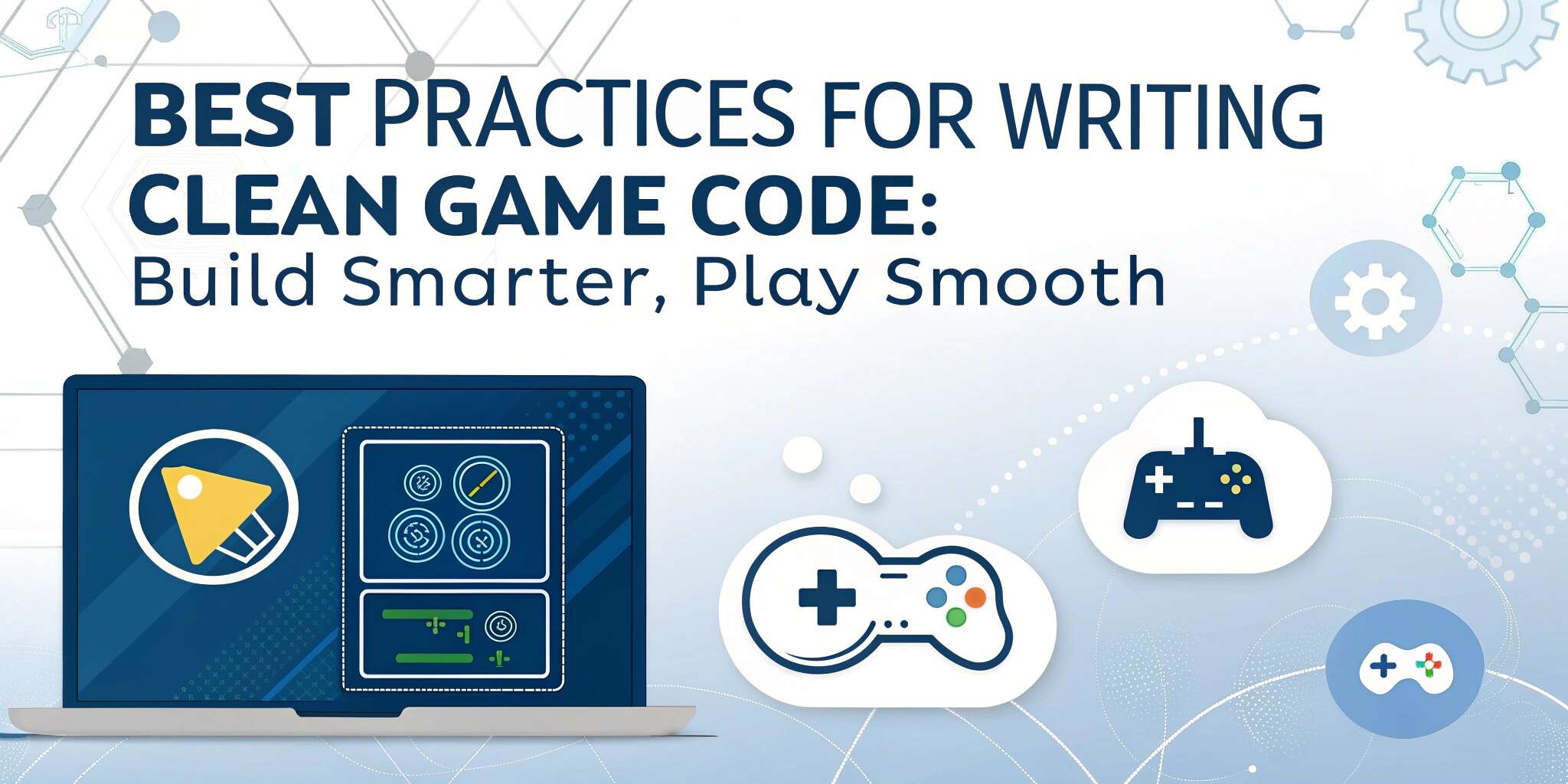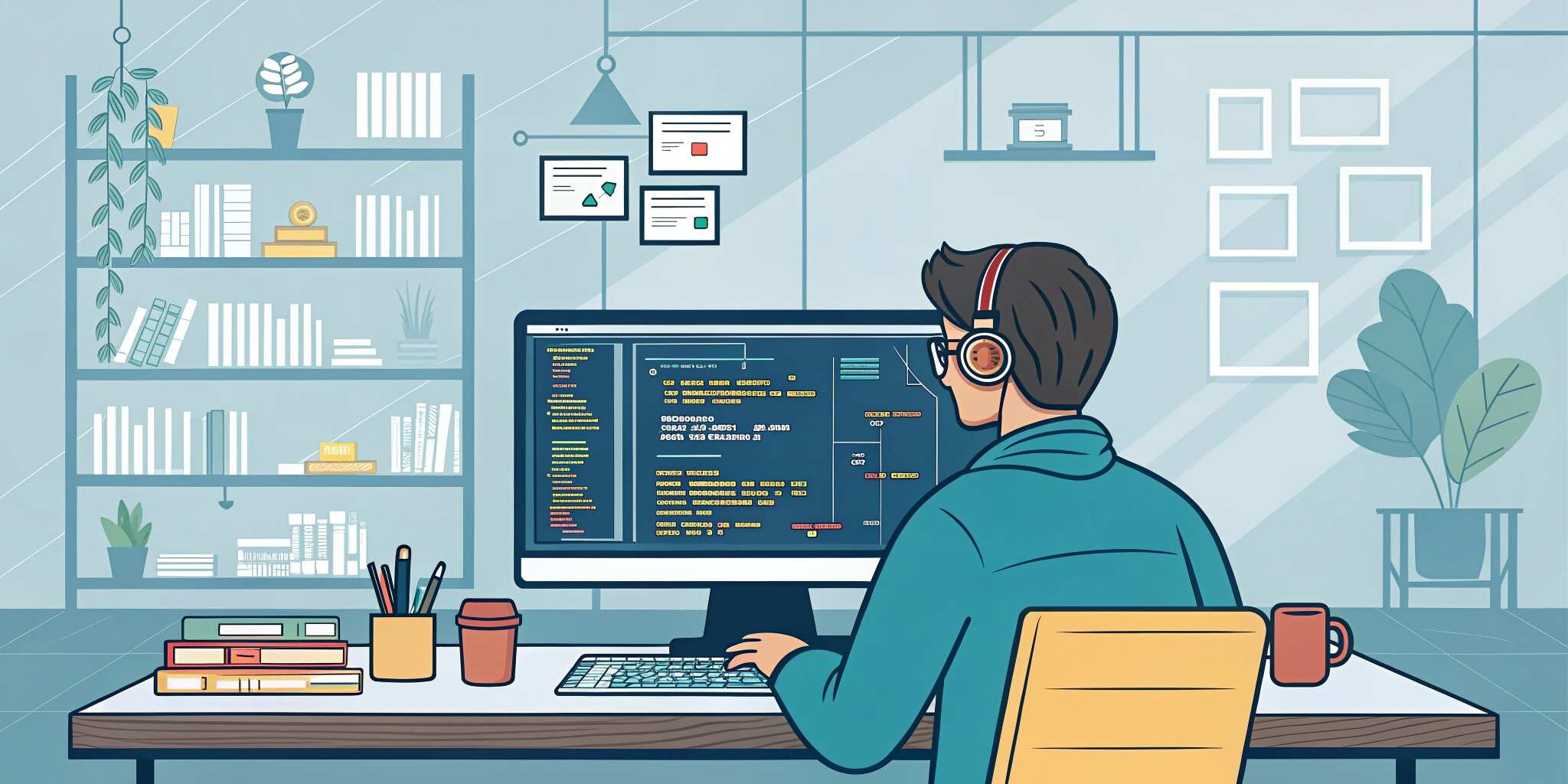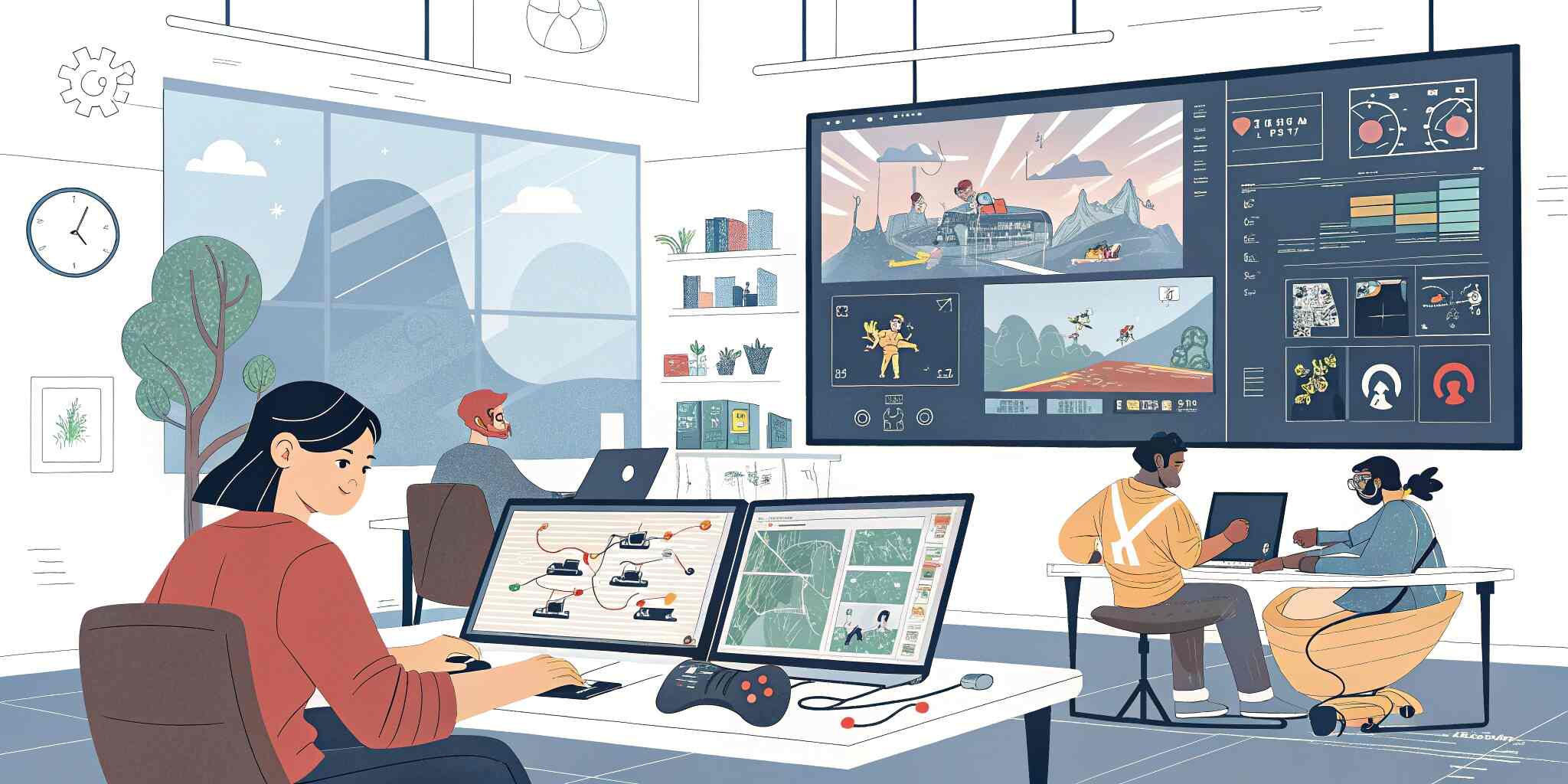Introduction
Game development is a complex and creative process, but without clean and well-structured code, even the most innovative ideas can become unmanageable. Writing clean code isn't just about aesthetics—it's about building scalable, maintainable, and performant games. This post dives into essential practices for writing clean game code that can help elevate both solo projects and collaborative studio efforts.
1. Embrace Modularity
Keep your code modular by separating concerns into individual classes or components. For example, separate the character movement logic from input handling and animation. This makes debugging and scaling significantly easier.
Tip: Follow the Single Responsibility Principle (SRP) – each class or module should do one thing and do it well.
2. Use Meaningful Naming Conventions
Avoid cryptic names like x1 or tempObj. Instead, opt for descriptive names like enemySpawner or playerHealth. Clean naming helps new developers (and your future self) understand the code faster.
3. Comment and Document Wisely
Write comments to explain why a piece of code exists, not what it does (if the code is already clear). Use docstrings for functions, especially in utility scripts or public APIs.
4. Avoid Hardcoding Values
Magic numbers like speed = 3.1415 make code harder to understand and adjust. Instead, define constants like MAX_PLAYER_SPEED = 3.1415 at the top of your script or in a config file.
5. Structure Your Project Hierarchically
Keep your game project organized with folders for scripts, assets, prefabs, audio, and scenes. This improves both workflow and version control.
6. Optimize for Performance Early
Clean code includes efficient code. Use object pooling, avoid unnecessary memory allocations, and profile your game regularly to avoid bottlenecks.
7. Write Unit Tests (Where Possible)
While not all parts of a game can be tested, writing unit tests for core logic (like AI behavior or inventory systems) ensures your features remain bug-free as the code evolves.
8. Use a Version Control System
Git is essential for tracking changes and collaborating. Clean coding also means clean history – write meaningful commit messages and use branches for features and bug fixes.
9. Refactor Often
Don't wait until your codebase is a mess. Make refactoring a routine part of development. If something feels clunky, there's probably a better way to structure it.
10. Follow Language/Engine-Specific Style Guides
Whether you're using Unity with C#, Unreal Engine with C++, or Godot with GDScript, adhere to that community’s conventions to ensure consistency and readability.


